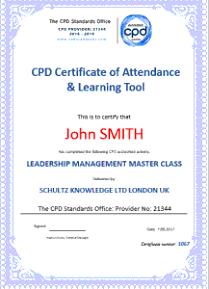Description
Having strong negotiation skills is crucial for resolving conflicts, creating win-win situations, and achieving mutually beneficial outcomes in both personal and professional relationships. Negotiation skills allow you to advocate for your needs and interests while finding solutions that work for everyone involved.
There are several key concepts important to understand when it comes to effective negotiation:
- Positions vs Interests - Focusing on underlying interests rather than superficial positions creates more flexibility and opportunities to meet both sides' real needs.
- BATNA (Best Alternative to a Negotiated Agreement) - Knowing your walkaway point if negotiations fail means you can push for the best possible deal without accepting a bad one.
- Objective criteria - Basing proposals on facts/data rather than emotions or ego makes it easier to reach equitable solutions.
Proper negotiation preparation sets you up for success at the bargaining table. There are several key steps to keep in mind:
Mastering these negotiation techniques allows you to achieve win-win outcomes, secure mutually beneficial agreements, and resolve conflicts effectively. Strong negotiation skills are essential for personal, professional, and business success.
Before sitting down to negotiate, determine the range of possible outcomes that would be acceptable to you. This is your bargaining zone. Your initial offer should be at the high end of this zone, while your "walkaway" point marks the low end. Knowing your bargaining zone helps you establish realistic targets.
Negotiation often involves each party making offers and counteroffers until a mutually agreeable deal is reached. When bargaining, it's important to employ certain tactics to get the best possible outcome.
Learn to spot common bargaining tactics to prevent manipulation. For example, bogus trades, false demands, escalating demands, and doubletalk. Remain savvy to such approaches. Don't get distracted or lured by side issues. Focus on your interests and try to determine if the other party has valid motivations behind their tactics or is merely posturing.
High-pressure tactics aim to stress you into accepting terms. Expect time-limited offers, personal insults, threats to walk away, and frequently escalating demands. Stay calm and collected. Reveal little information about emotions or limits. Seek evidence to justify demands. Assert your positions confidently. Be prepared to walk away rather than accept a bad deal. With practice, you can respond effectively to pressure.
Reaching a successful conclusion to a negotiation requires recognizing when the time is right to close the deal. Watch for signals that indicate your negotiating partner is ready to finalize an agreement. Examples include summing up points of agreement, offering concessions, or asking clarifying questions about implementation.


